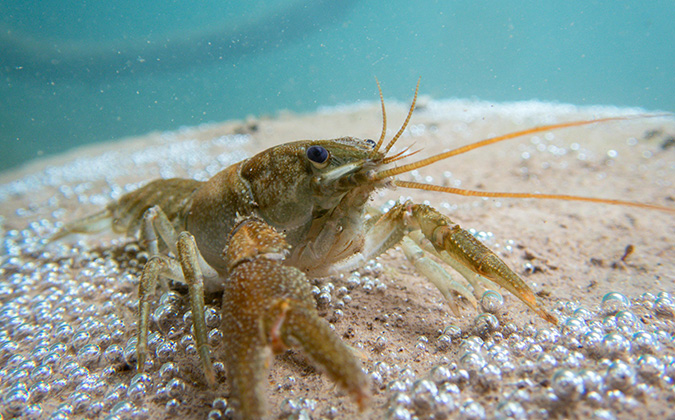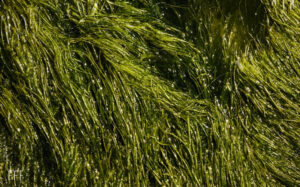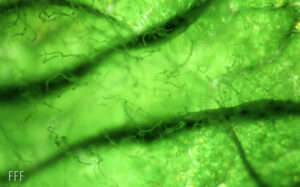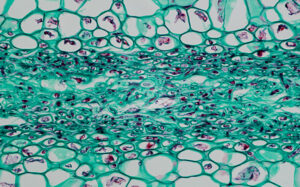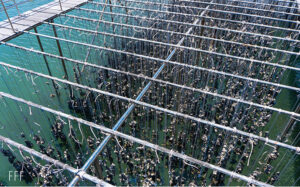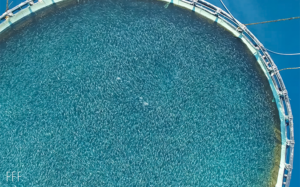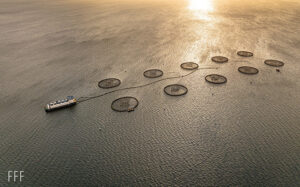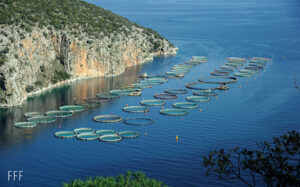Sound Science
Could nanobubbles really revolutionize aquaculture?
Research is showing that nanobubble technologies can dramatically reduce disease risks on fish farms and potentially curb the need for antibiotics.
Algal oil shows promise as fish-oil substitute in feed for young salmon
Algal oil can replace fish oil in the feed of farmed Atlantic salmon parr without affecting their growth or ability to transition to seawater.
Microalgae found to boost broodstock and fry performance
Scientists have found that feeding Nile tilapia broodstock a diet including a type of microalgae can improve fertility, immunity and performance.
Microalgae can increase efficiency and sustainability of recirculating aquaculture systems
Incorporating microalgae into recirculating aquaculture systems (RAS) can more effectively manage waste while transforming it into valuable products, according to researchers in Germany and Belgium.
Scientists closing in on ways to boost immune mechanisms of mollusks
Farmed mollusks are threatened with a number of diseases, but given that — unlike vertebrates — animals like mussels and clams don’t have antibodies or T or B cells to fight infection, coming up with health interventions has often proved elusive.
Better net-cleaning tech needed to contain harmful particles on fish farms — study
Cleaning the nets of pens on fish farms at sea releases millions of harmful biofouling particles that not only spread between pens but into other farms up to 5 kilometers away too, a study in Norway has revealed. But despite the concerning results, help is at hand for producers.
Mediterranean heatwaves putting farmed finfish under strain
The welfare of farmed seabream and sea bass in the Mediterranean is threatened by marine heatwaves, which are becoming increasingly frequent in the region.

